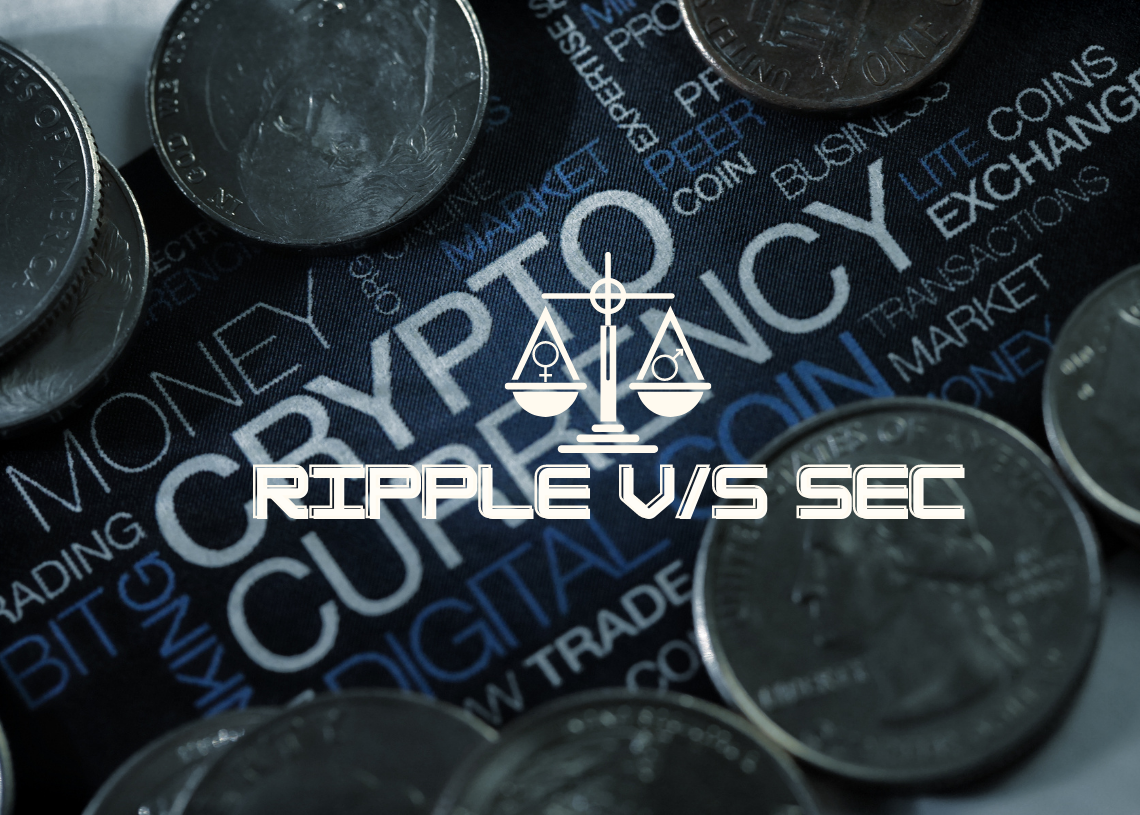Ripple CEO Brad Garlinghouse recently said that the lawsuit was going well with the U.S Securities and Exchange Commission (SEC). He also noted that the company was operating as if it had already lost since 95% of its businesses are based outside of the U.S.
The case, which is poised to set the industry’s agenda moving forward, is now approaching summary judgment submissions. Garlinghouse claims that the case may be resolved this year, but that is the “optimistic” view but not far-fetched.
My interview w @bgarlinghouse of @Ripple — Crypto industry under assault by SEC: Ripple CEO Garlinghouse | Fox Business Video https://t.co/A6IUNH0KxY
— Charles Gasparino (@CGasparino) May 2, 2022
The court modifies the proposed calendar
In late March, the court requested that the parties submit a timetable for filing summary judgment filings. On April 29, the parties presented a jointly proposed timetable for court approval.
The parties’ letter has been reviewed by Judge Analisa Torres, who instructed that all attempts to exclude expert testimony be fully briefed by the end of August. The scheduling order would not apply to any motions intended to prevent Anthony M. Bracco’s financial expert testimony. “Once the question of remedies is ripe,” says the judge.
Any requests for summary judgment must be filed by September 2022. Ripple and the SEC will have about a month to file their refutations and motions.
Motions for summary judgment must be completely briefed by no later than November 15, a month before the deadline previously proposed by the two parties, in accordance with the calendar modified by the judge.
The Ripple-SEC legal dispute might be a watershed moment for cryptocurrency
In the past year, cryptocurrencies’ dramatic development has prompted a significant push for greater transparency and accountability from firms that provide a wider range of digital assets and services, fueled by increasing concerns of instability that could result in a financial disaster.
The SEC claims that XRP is a “fraudulent securities offer” and that Ripple failed to provide the kind of financial and managerial information required by law. The CFTC said Garlinghouse, who was named in the lawsuit with co-founder Chris Larsen, has stated “repeatedly that he was ‘very long’ XRP,” which means he had a significant position that he expected to rise in value. He also failed to disclose his sales of XRP when pressed during an interview.
The SEC has attacked Ripple, claiming it sold unregistered securities. XRP, according to the SEC, is a utility token rather than a speculative asset; it was created before Ripple, and the company never offered XRP as an investment. (It does sell XRP to provide what it terms “on-demand liquidity” for customers.)
There was never a contract for an investment. Holding XRP stock does not give you any right to Ripple equity or profits from Ripple distribution.
Stuart Alderoty, general counsel of Ripple.
Ripple’s fortunes took a severe downturn in December 2020, when the case was filed too late in Jay Clayton’s term as SEC Chair. Alderoty portrayed the legal action as “a rug pull by the SEC” that wiped out $15 billion in XRP coins’ value “the day the suit was filed, hurting the very people the SEC purports to protect.”





